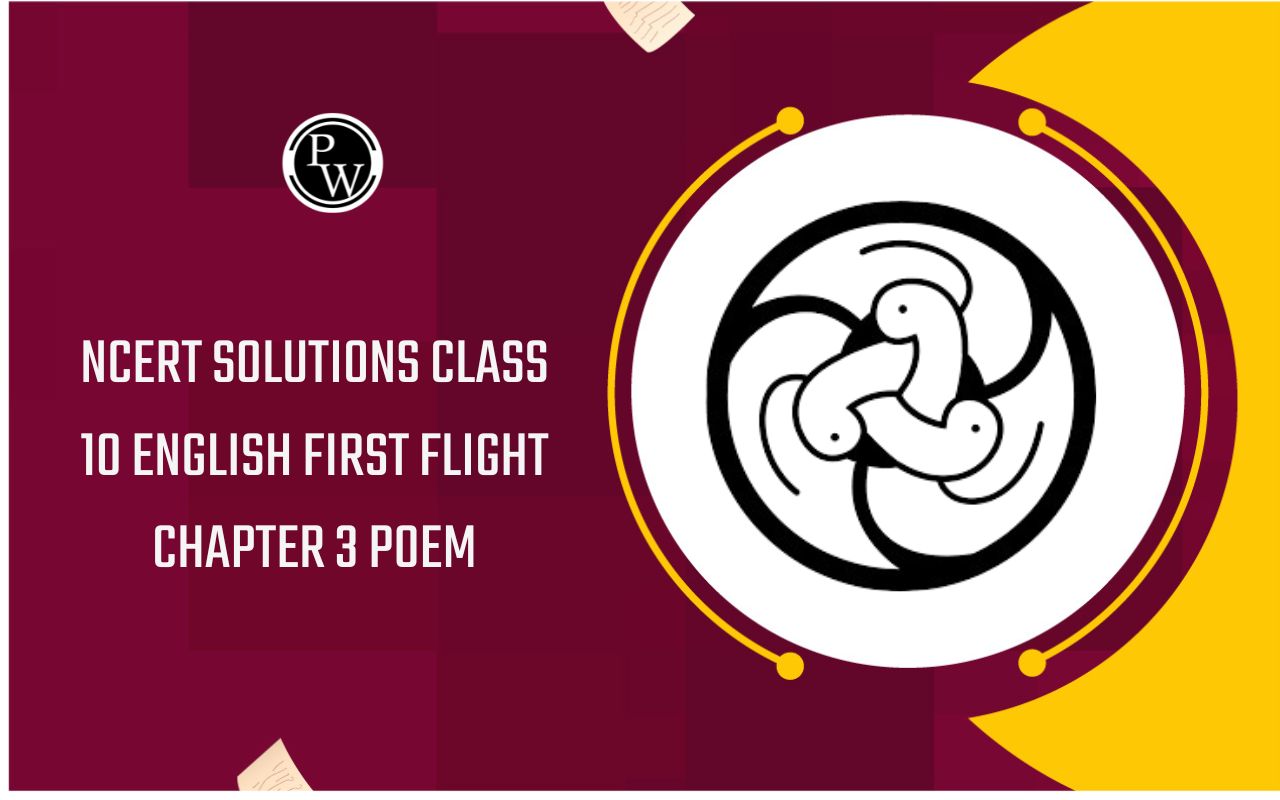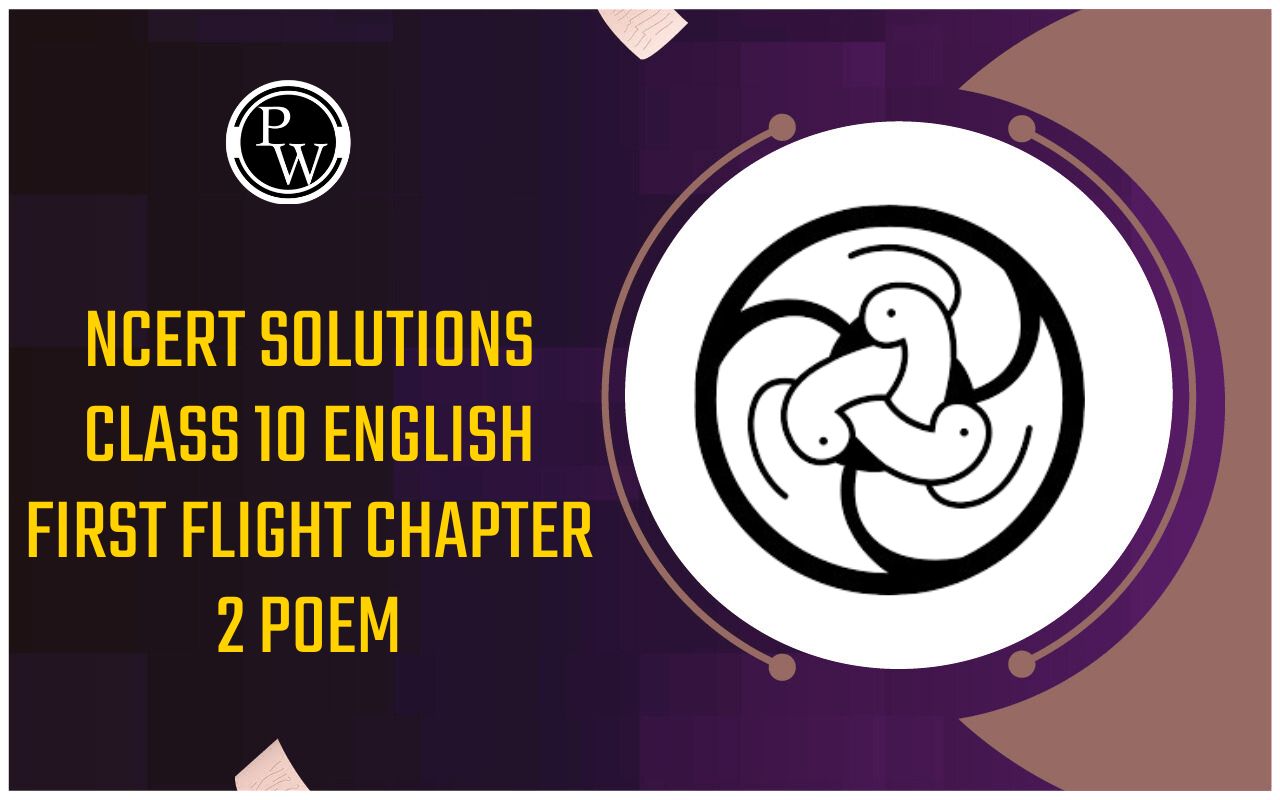
Discovery of Cells : The cell is too tiny to be seen without a microscope. Despite their modest size, cells play a crucial role in maintaining life. Humans are living organisms comprised of cells, just like everything else. As we recognise it, life would not exist without cells since cells are the foundation of existence.
Robert Hooke initially identified the cell in 1665. He saw it resembled cellula or tiny apartments occupied by monks,and from there, the term was derived. However, under a microscope, Hooke observed the dead cell walls of plant cells (cork). In Micrographia, these discoveries were published by Hooke. Antonie Van Leuwenhoek made more discoveries by creating microscope lenses that were more effective than the microscopes of his day. He was the first to view live bacterial and human cells using a microscope. Let us discuss the history of Cell discovery in detail.Diphtheria: Types, Symptoms, Causes, Treatment
Cell Theory
1. Early Cell Theory
The first widely accepted theory on cells was given by Schleiden and Schwann in 1838. They distilled their findings regarding cells into three generalisations:- The unit of organisation, physiology, and structure of living things is the cell.
- The cell can exist independently as an individual entity or as a component of organisms.
- Similar to the formation of crystals, cells develop through free-cell formation (spontaneous generation).
Difference Between Rust And Smut
2. Modern Cell Theory
- Cells are the building blocks of all known living organisms.
- The structural and functional foundation of all living things is the cell.
- By dividing, all cells are created from pre-existing cells. (There is no spontaneous generation.)
- When cells divide, genetic information is transferred from one cell to the next.
- Chemically, all cells are essentially the same.
- Cells are where all life's energy flow (metabolism and biochemistry) occurs.
Related Links -
Cell Discovery Landmarks
| Year | Landmark Discovery |
| 1595 | The first compound microscope was designed by Jansen. |
| 1625 | The theory of Spontaneous regeneration was rejected by Rudi. |
| 1655 | Dead cells were observed under a microscope by Robert Hooke. |
| 1674 | Powerful microscope was designed by Anton von Leuvenhook to observe live cells. This led to the discovery of Protozoa. |
| 1833 | Live cells of the Orchid were used by Robert Brown to observe the nucleus. |
| 1838 | The cell theory written by Schleiden and Schwann was published. |
| 1961 | First stem cells were discovered by Ernest Mcculloch and James Till. |
| 1981 | Techniques were developed to extract stem cells from mice embryos. |
| 1991 | Techniques were identified to extract stem cells from human embryos. |
Difference Between Prokaryotic And Eukaryotic Replication
Discovery of Cell
If improvements to the microscope had not been made, the discovery of the cell would not have been accomplished.- To better understand the microscopic world, scientist Robert Hooke improved the design of the earlier compound microscope in 1665.
- His microscope used three lenses and a stage light to enlarge and illuminate the specimens.
- When Hooke examined a piece of cork under the microscope, he could see something astonishing because of these advancements.
- Hooke wrote about his findings of this tiny, previously undiscovered world in his book Micrographia.
- He thought the cork was made of tiny holes, which he called "cells" since they reminded him of monastery cells.
- Two German scientists, Theodore Schwann and Mattias Schleiden, studied the cells of plants and animals, respectively. These scientists concluded that the two types of cells were quite different and suggested that cells served as the fundamental units of both plants and animals.
Stem Cell Discovery
One hundred years after the discovery of the cell, the discovery of stem cells—the undifferentiated cells that have not yet developed into more specialised cells—showed how the discovery of the cell continues to influence research. In the 1980s, researchers started obtaining embryonic stem cells from mice. In 1998, James Thomson obtained human embryonic stem cells and created cell lines. The journal Science later published an article based on his study. Later, it was found that adult tissues, often skin, could be reprogrammed into stem cells, which could subsequently give rise to various cell types. Many diseases, including heart disease and Alzheimer's, are now treated with stem cells.Difference Between Vitamin D and Vitamin D3
Characteristics of Cells
Cells have the following characteristics-- Highly Complex and Organized.
- The Ability of Cells to Reproduce on their own.
- A Variety of Chemical Reactions Are Performed by Cells.
- Energy is acquired and used by cells, and each cell stores its genetic information.
- Cells can react to Stimuli and perform mechanical activities.
- Self-regulation is a function of cells, and cells may evolve.
- Nucleus: All eukaryotic cells have a double-membraned organelle called the nucleus. It is the biggest organelle, serves as a DNA repository and control center for cellular operations, and is covered by the Nuclear Membrane.
- Chromosomes: Chromosomes are tiny, thread-like organelles that store the gene, a vital biological component. In organisms, genes are regarded as a genetic unit that aids in transmitting features from one generation to the next. Thus, the nucleus can regulate the traits and functions of the cells in our body.
- Golgi Complex: Golgi complex is a membrane-bound organelle mostly made up of cisternae, a series of flattened and stacked pouches. This organelle is largely responsible for transporting, packaging and altering proteins and lipids for specific locations.
- Mitochondria: Mitochondria are the cell's powerhouse because they can create high energy molecules. It is a sausage-shaped, double membrane-bound organelle in practically all eukaryotic cells.
- Endoplasmic Reticulum: The Endoplasmic Reticulum is an organelle in cells comprising a network of fluid-filled membranous canals. They are the cells' internal transportation system that moves materials around the cell.
- Ribosomes: Non-membrane-bound cytoplasmic organelles known as ribosomes are significant cytoplasmic organelles near the endoplasmic reticulum. Many different types of cells include microscopic particles called ribosomes that are mostly made of RNA and protein.
- Cell wall: This is a hard outer protective covering generally made of cellulose and is found in plant and bacterial cells but absent in most animal cells. Its main function is to protect the cell from the outside environment.
- Cell membrane: Found in all living cells, this layer inside the cell wall acts as a semi-permeable membrane, allowing the cell to uptake nutrients, minerals, and water as required.
Types of Cell
Prokaryotic and eukaryotic cells are two different kinds of cells. Although prokaryotic and eukaryotic cells have different shapes, they are quite similar in their molecular makeup and functions. Most compounds found in cells are proteins, polysaccharides, and nucleic acids. The Prokaryotic cells lack a true nucleus, and the genetic material is present directly in the cytoplasm. Membrane-bound organelles are also absent in these cells, making them less organised. Eukaryotic cells are more advanced with true nuclei, membrane-bound organelles, and highly organised behavior. The Eukaryotic cells are further divided into plant cells and animal cells. Plant cells have cell walls, definite shapes, large vacuoles, and the capacity for photosynthesis and respiration. Animal cells do not have a cell wall, are irregularly shaped, and are not capable of carrying out photosynthesis.Related Links -
Discovery of Cells <span style=
Is life possible without cells?
All metabolic activities and chemical changes needed to sustain life occur inside the cell. Without cells, there will be no metabolism, and organism will not be able to survive.
Which Scientist first discovered cells?
Robert Hooke first discovered cells in the year 1655 using a compound microscope. However, these cells were dead cork cells.
Which Scientist first discovered live cells?
Scientist Anton Von Leuvenhook first observed alive protozoan cells in the year 1674 using a microscope that he designed himself.
What is the contribution of cell discovery in modern medicine?
The discovery of cells eventually led to the discovery of stem cells which are pluripotent and capable of treating genetic disorders, replacing damaged organs, and much more.
🔥 Trending Blogs
Talk to a counsellorHave doubts? Our support team will be happy to assist you!

Free Learning Resources
PW Books
Notes (Class 10-12)
PW Study Materials
Notes (Class 6-9)
Ncert Solutions
Govt Exams
Class 6th to 12th Online Courses
Govt Job Exams Courses
UPSC Coaching
Defence Exam Coaching
Gate Exam Coaching
Other Exams
Know about Physics Wallah
Physics Wallah is an Indian edtech platform that provides accessible & comprehensive learning experiences to students from Class 6th to postgraduate level. We also provide extensive NCERT solutions, sample paper, NEET, JEE Mains, BITSAT previous year papers & more such resources to students. Physics Wallah also caters to over 3.5 million registered students and over 78 lakh+ Youtube subscribers with 4.8 rating on its app.
We Stand Out because
We provide students with intensive courses with India’s qualified & experienced faculties & mentors. PW strives to make the learning experience comprehensive and accessible for students of all sections of society. We believe in empowering every single student who couldn't dream of a good career in engineering and medical field earlier.
Our Key Focus Areas
Physics Wallah's main focus is to make the learning experience as economical as possible for all students. With our affordable courses like Lakshya, Udaan and Arjuna and many others, we have been able to provide a platform for lakhs of aspirants. From providing Chemistry, Maths, Physics formula to giving e-books of eminent authors like RD Sharma, RS Aggarwal and Lakhmir Singh, PW focuses on every single student's need for preparation.
What Makes Us Different
Physics Wallah strives to develop a comprehensive pedagogical structure for students, where they get a state-of-the-art learning experience with study material and resources. Apart from catering students preparing for JEE Mains and NEET, PW also provides study material for each state board like Uttar Pradesh, Bihar, and others
Copyright © 2025 Physicswallah Limited All rights reserved.
Get App









